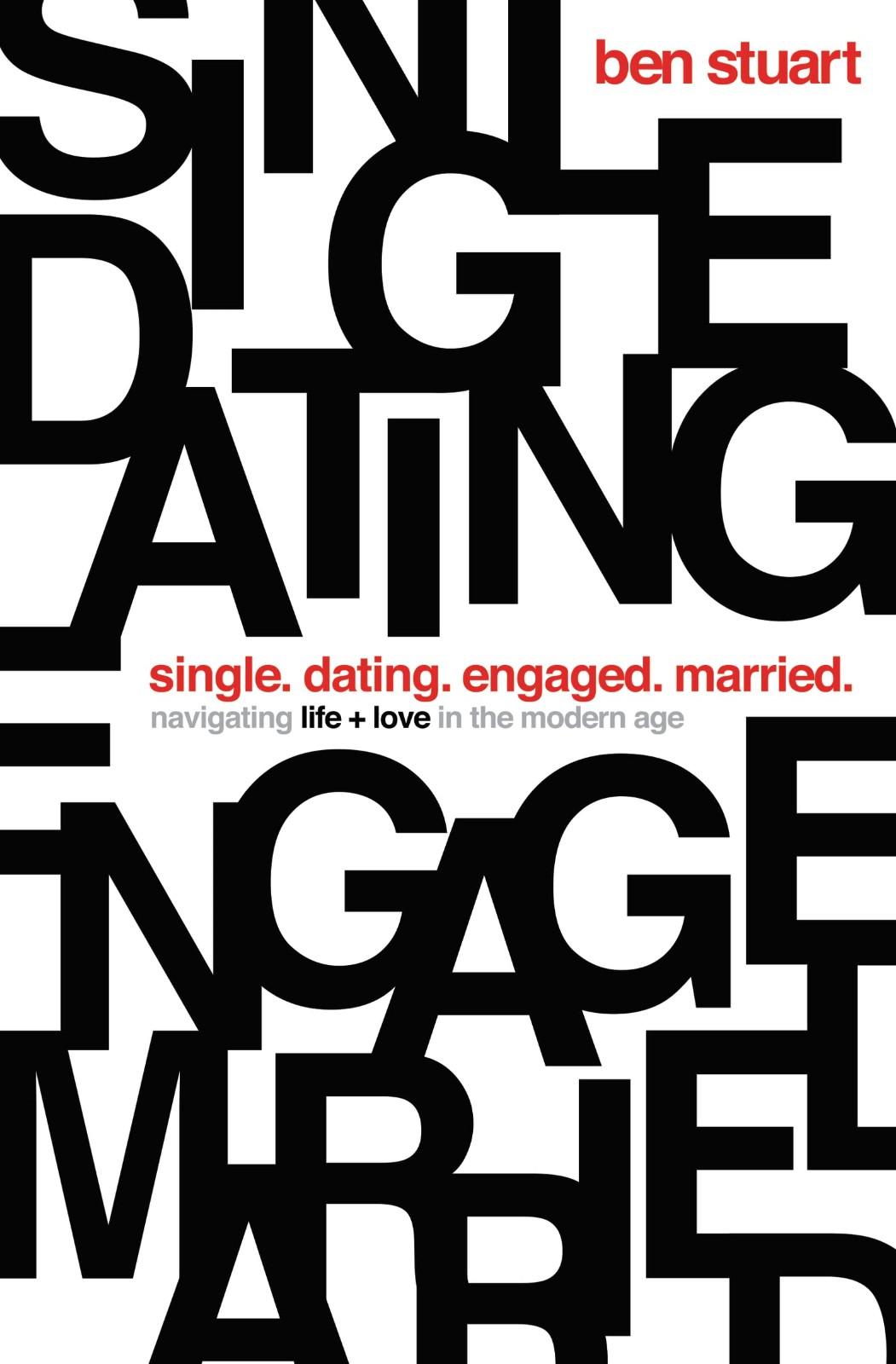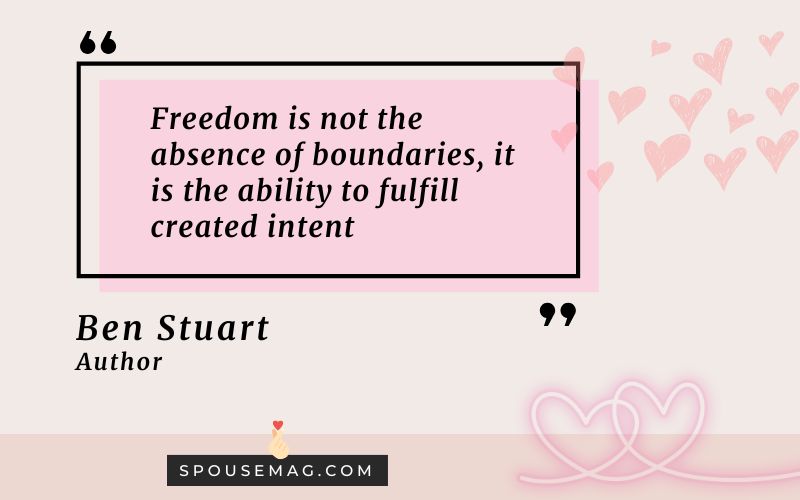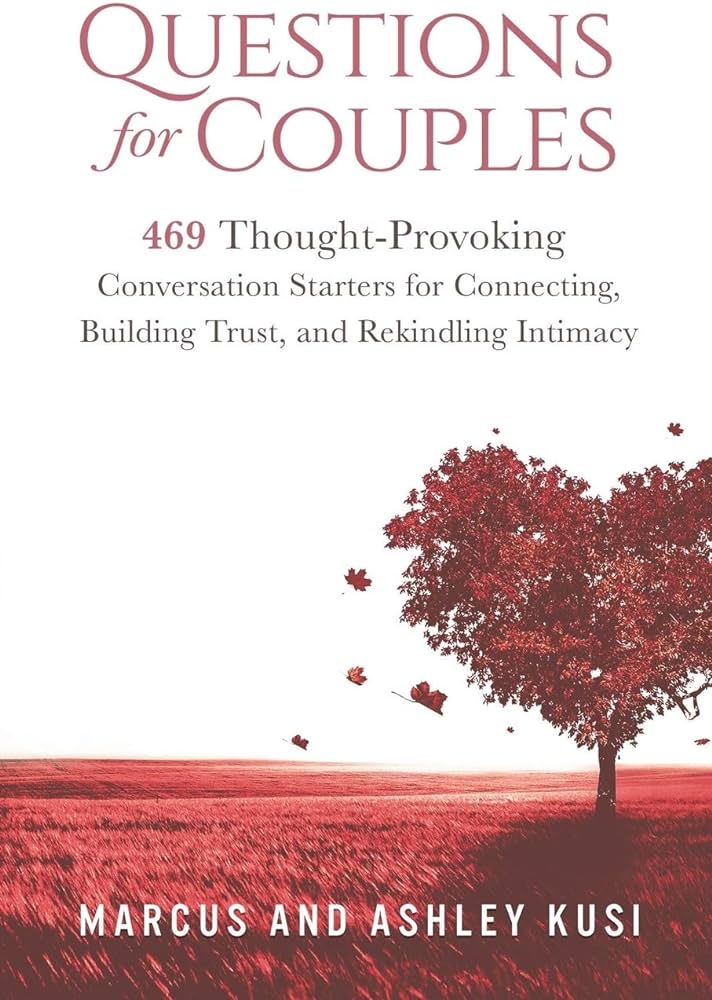
Single, Dating, Engaged, Married: Navigating Life and Love in the Modern Age is a thoughtful guide that explores the four stages of relationships from a Christian perspective, offering practical advice for navigating each phase.
Stuart emphasizes the importance of spiritual growth and personal development during singleness, outlines healthy dating practices, and provides wisdom on preparing for and sustaining a God-centered marriage. I loved how the book offers a fresh perspective on love, emphasizing the importance of pursuing God’s will in each stage of life.
Singleness
In “Single, Dating, Engaged, Married,” Stuart’s approach to singleness is refreshing. He doesn’t view this phase as a period of waiting for “the one,” but rather as a valuable season of life meant for self-discovery and growth. I love how he flips the script on the typical narrative of singleness.
He encourages you to look around and ask, “What can I do in this season that I won’t have time for later?” This hit home because I realized how much I had let slip through my fingers while constantly searching for a relationship.
His advice is freeing in a world that often emphasizes pairing off as the ultimate goal. By encouraging singles to build strong friendships and communities, he paints singleness as a season of life that is just as fulfilling as any relationship.
Critique: Overlooked the Vital Role of Relationships
While Stuart’s emphasis on finding purpose and building community is commendable, some argue that it could inadvertently lead to isolation or a belief that relationships are secondary. It’s important to balance this perspective with the understanding that healthy relationships contribute significantly to personal growth and fulfillment.
Dating
Stuart provides valuable insights on dating, emphasizing the importance of setting healthy boundaries, seeking God’s guidance, and focusing on character qualities. A particularly helpful tip is his suggestion to “look beyond physical attraction.” This reminds us that true connection is rooted in character and shared values.
His advice on avoiding physical intimacy too early in a relationship is particularly relevant in today’s hookup culture. I appreciated his emphasis on healthy boundaries because, truthfully, in some past relationships, I didn’t always have them. When you don’t define what’s important to you early on, things get muddy.
Critique: Overemphasis On Character
While character is crucial, it’s also important to acknowledge that attraction plays a role in relationships. Sometimes, physical chemistry is a catalyst for deeper connections. It’s essential to find a balance between valuing character and recognizing the importance of attraction.
Engagement
Stuart’s approach to engagement is focused on building a strong foundation for marriage. He emphasizes the importance of communication, resolving conflicts, and preparing for marriage. I’ve seen the positive impact of these practices on couples’ relationships.
A particularly valuable piece of advice is his recommendation to “seek God’s guidance” during this time. It’s a reminder that building a strong marriage requires a spiritual foundation.
One of Stuart’s most practical recommendations is seeking premarital counseling. He stresses its importance as a way to tackle potential issues before they escalate. This advice feels particularly practical, as many couples enter marriage without having difficult conversations about money, faith, or family expectations.
Critique: Premarital Counseling is Not a Guarantee for a Successful Marriage
While premarital counseling is beneficial, it’s important to remember that it’s not a guarantee of a successful marriage. Relationships require ongoing effort and commitment, even after the wedding day.
Marriage
When discussing marriage, Stuart highlights the need for ongoing effort to maintain a fulfilling relationship. He writes, “Marriage is not about finding the right person but becoming the right person.” He emphasizes emotional, physical, and spiritual intimacy as key components of a healthy marriage, urging couples to prioritize these areas to keep their relationship strong.
I appreciated Stuart’s realistic approach here. Instead of presenting marriage as a “happily ever after,” he acknowledges that it requires work and commitment.
A compelling statement is his advice to “see your spouse as a gift from God.” This reminds couples that their relationship is a sacred and precious bond.
Critique: Overlooked Non-Religious Approaches to Marriage
Some readers find Stuart’s focus on the spiritual aspect of marriage limiting. While faith is an important part of a marriage for many, not all couples center their relationship around spirituality. His advice to “seek God’s guidance” does not resonate with those who rely more on communication, therapy, or mutual compromise.

Why Should You Read Single, Dating, Engaged, Married: Navigating Life and Love in the Modern Age?
Here’s why you should consider reading this book:
- Stuart provides valuable insights and practical guidance for people at every stage of life, from singleness to marriage.
- The book challenges societal norms and expectations, empowering individuals to embrace their unique journey and find fulfillment in all stages of life. Stuart emphasizes the importance of personal growth, spiritual development, and building strong relationships.
- Single, Dating, Engaged, Married offers a fresh perspective on relationships, encouraging readers to think critically about their values, beliefs, and expectations.
- Stuart’s writing is informative and inspiring, offering encouragement and support for those navigating the challenges and joys of relationships.
Readers’ Thoughts About Single, Dating, Engaged, Married: Navigating Life and Love in the Modern Age?
Here’s a look at some common sentiments and critiques from those who have engaged with the book.
Stuart’s focus on practical steps and actionable advice is well-received. His emphasis on setting boundaries in dating and preparing thoroughly during engagement is seen as particularly useful.
A reviewer shares, “The section on engagement was eye-opening. The advice to seek premarital counseling and build a strong foundation before marriage is something I wish I had read before my engagement.”
Readers also appreciate the book’s encouragement for personal growth and self-reflection. Many find Stuart’s advice on finding purpose during singleness empowering.
As one reader puts it, “I loved how Stuart encouraged us to view singleness as a season of growth and not just a waiting period. It’s made me rethink how I approach this phase of my life.”
A common critique is that the book’s heavy reliance on biblical principles may not resonate with readers who do not share the same faith.
One reviewer notes, “While the faith-based advice is solid for those who believe, I found it challenging to relate to some of the guidance since I don’t come from a Christian background. A more inclusive approach might have been beneficial.”
Final Word
Ben Stuart’s “Single, Dating, Engaged, Married” is a valuable resource for navigating the complexities of relationships. While his perspectives are insightful and encouraging, it’s important to remember that everyone’s experience is unique. By combining Stuart’s advice with personal reflection and seeking additional support, you can build healthy and fulfilling relationships at every stage of life.

As a married wife, founder, and editor of SpouseMag.com – these guides are based on my own personal experiences, observations, research and insights. I am transparent about being inspired by the life and work of the two greatest experts in the relationship space – Dr. John and Julia Gottman, and Harville and Helen. They two are some of the strongest couples, researchers, authors, and counselors when it comes to marriage and relationships. My advice and guides are based on my insights and research, and they are not an alternative to professional advice.




